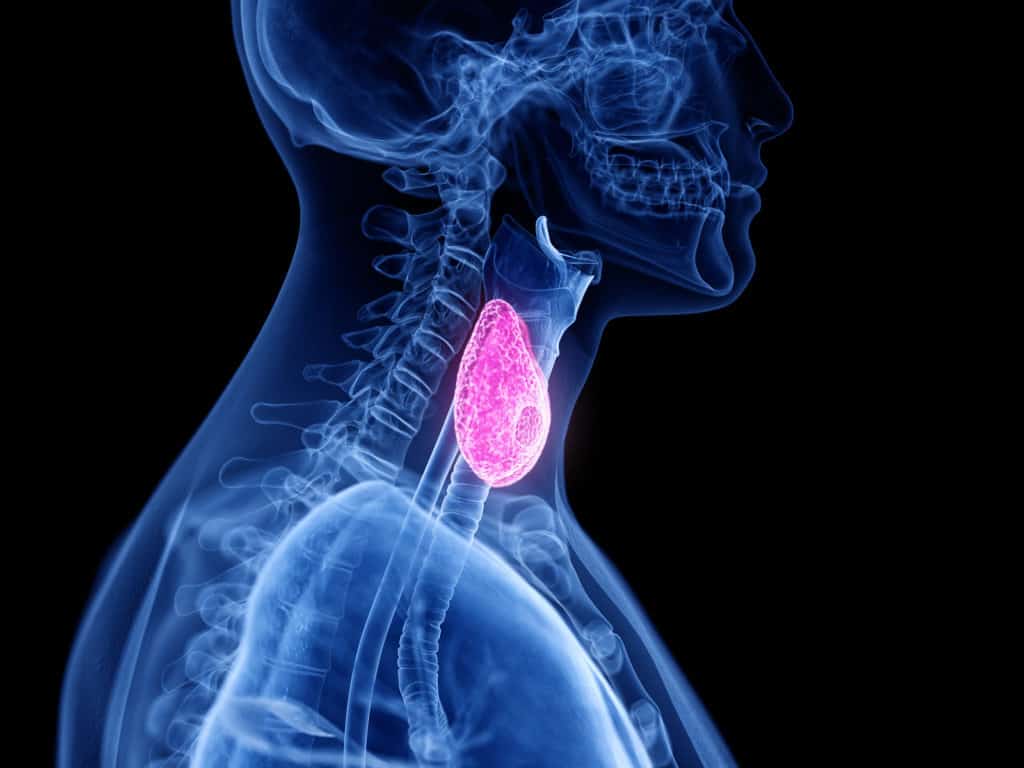Children and young adults who are treated with amiodarone have a higher risk of developing thyroid dysfunction after initiating treatment, according to a study published in The Journal of Clinical Endocrinology & Metabolism.
The results of the study suggest that patients taking the drug should have their thyroid function tested early on in treatment and to continue testing thyroid function regularly.
There are currently no evidence-based guidelines for screening thyroid function in pediatric patients who begin amiodarone treatment. They study used chart data from children and young adults who were treated with amiodarone between 2007 and 2018 at the Children’s Hospital of Philadelphia. The researchers gathered all available thyroid function test results.
Thyroid function testing was performed on 190 of the patients. These patients were not receiving levothyroxine. Among these patients, 13.7% had hypothyroidism and 17.3% had subclinical hypothyroidism.
Among the patients with subclinical hypothyroidism, 63% returned to normal thyroid functioning without having to go through thyroid hormone replacement. Among the patients with hypothyroidism, 26.9% experienced spontaneous normalization of thyroid function.
The mortality rate was high among the patients who had abnormal thyroid function, with 14 out of 63 patients dying of primary cardiac disease or related complications.
Due to the high incidence of thyroid dysfunction, the researchers recommend that patients receive a complete thyroid function panel at baseline and then at weekly intervals for the first five weeks of treatment with amiodarone.
“Future prospective studies systematically monitoring thyroid function in pediatric patients treated with amiodarone are needed to more accurately define the monitoring and treatment recommendation in this patient population,” the researchers concluded.
Amiodarone contains iodine and can affect the thyroid in up to 10% of people. It’s challenging for doctors to predict the drug’s effect on the thyroid. In some people, the thyroid can become overactive, and in others, it can become under-active.



